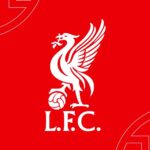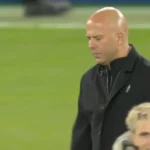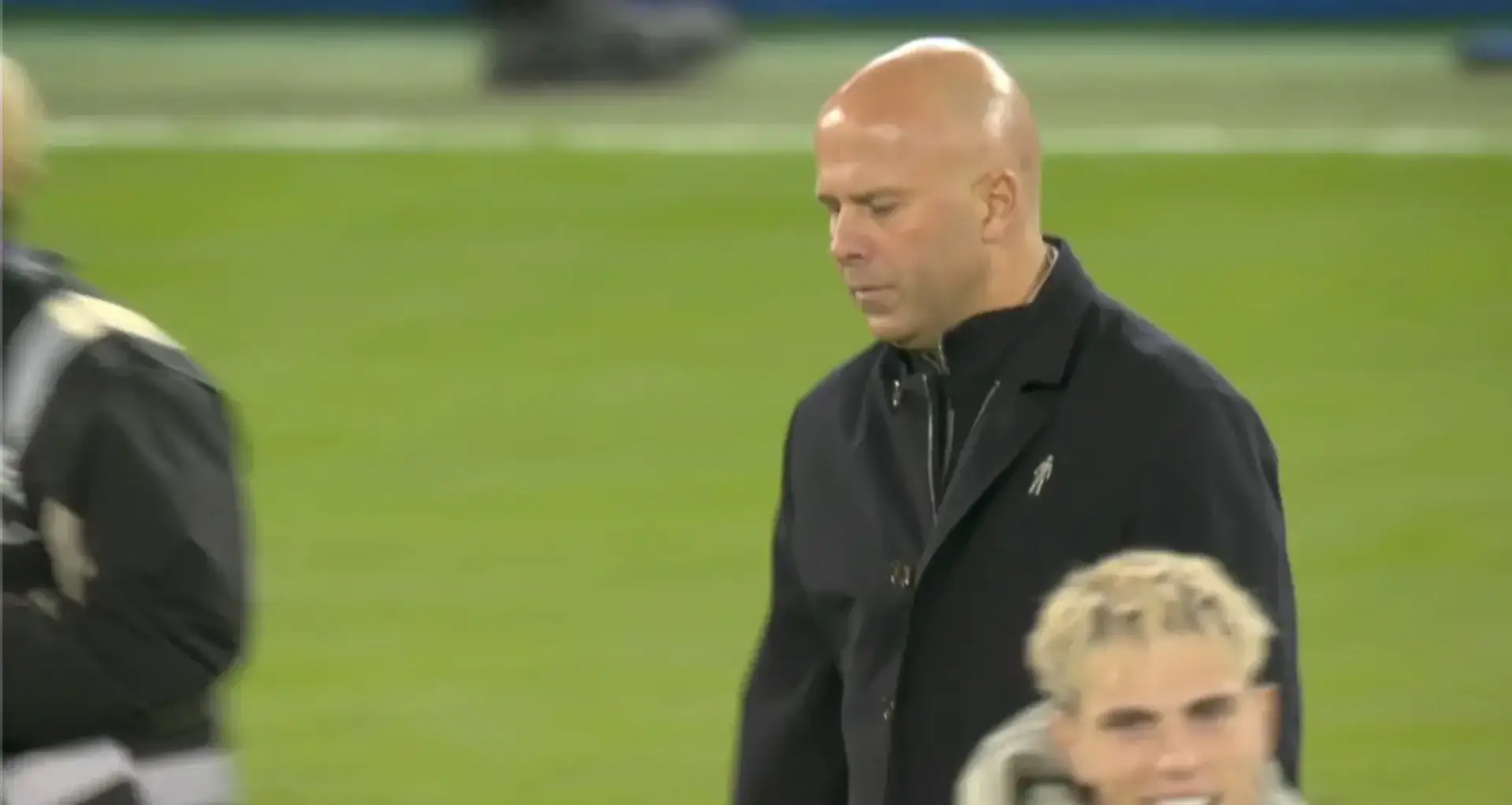Liverpool’s transition from the Jurgen Klopp era was always bound to be one of the club’s most delicate and defining chapters. The search for a successor stretched far beyond what many fans initially believed, with club executives evaluating a wide range of managers across Europe before Arne Slot was eventually chosen.
Slot arrived from Feyenoord with a reputation for tactical intelligence and squad-building ability, and he immediately delivered a Premier League title in his debut season. But that early momentum has faded. A heavy 3-0 defeat to Nottingham Forest during his 50th league match underscored the growing pressure he now faces. With more than £400 million invested in new signings such as Alexander Isak and Florian Wirtz, expectations were sky-high — and the scrutiny of his tenure is only intensifying.
But before Slot took the reins, Liverpool seriously evaluated 12 other managerial options. According to detailed reporting from The Athletic, the club had assembled a list of candidates based on tactical philosophy, leadership reputation, squad management, and long-term project suitability. Here’s a closer look at who they considered and where those managers are now.
Xabi Alonso
Once viewed as Klopp’s natural heir, Alonso quickly emerged as the fans’ dream choice. His rise at Bayer Leverkusen was extraordinary, but his commitment to remain for another year took him out of Liverpool’s plans. He later moved on to Real Madrid, where he continues to impress with a strong early record.
Ruben Amorim
Fresh off winning his second league title with Sporting CP, Amorim was another high-profile contender. However, concerns about his rigid three-at-the-back system proved a sticking point. Manchester United later appointed him, though his early spell has been turbulent, including their worst Premier League finish of the modern era.
Roberto De Zerbi
De Zerbi was admired for his transformative work at Brighton, but Liverpool felt he lacked the tactical flexibility required for the squad they envisioned. He ultimately joined Marseille, where he has enjoyed a bright start, finishing just behind PSG in Ligue 1.
Julian Nagelsmann
Liverpool also debated Nagelsmann, but the club remained hesitant about another manager strongly attached to a back-three system. He stayed with the German national team, focusing on their 2026 World Cup campaign.
Eddie Howe
A familiar name due to his connection with Liverpool’s sporting director Richard Hughes, Howe’s success at Newcastle kept him in the conversation. His Carabao Cup win over Liverpool only reinforced his status as one of England’s top managers, and he remains in charge at St James’ Park.
Andoni Iraola
Iraola’s early struggles at Bournemouth didn’t overshadow his sharp tactical mind and ability to transform teams. His relationship with a key member of Liverpool’s hierarchy made him one to watch, and his club’s subsequent rise into European contention has further validated his reputation.
Sebastian Hoeness
Hoeness impressed with data-driven methods that closely matched Klopp’s profile. Even though he stayed at Stuttgart, continued links to top European clubs highlight the respect he holds in coaching circles.
Michel
After guiding Girona to a historic Champions League qualification, Michel was briefly considered. Yet lingering concerns about his long-term consistency likely influenced Liverpool’s decision to look elsewhere, especially after Girona’s later dip in form.
Simone Inzaghi
Fresh off remarkable Champions League success with Inter Milan, Inzaghi attracted strong admiration. However, Liverpool worried about the communication barriers due to his limited English. He later accepted a major project in Saudi Arabia with Al-Hilal.
Paulo Fonseca
Perennially connected to big European clubs, Fonseca was never a leading Liverpool candidate but did receive internal discussion. His turbulent stint at AC Milan and a subsequent ban at Lyon show the unpredictable nature of his managerial journey.
Ernesto Valverde
Experienced, available, and highly accomplished, Valverde fit many of Liverpool’s criteria. His track record at Barcelona and Olympiacos spoke volumes, but the club ultimately opted for a different direction.
Luciano Spalletti
A modern tactical pioneer who delivered Napoli’s first Scudetto since 1990, Spalletti was also considered despite his age. His eventual move to Juventus has proven he still has the pedigree to manage at the highest level.
Liverpool’s exhaustive evaluation process demonstrates how carefully the club planned for the post-Klopp era. Slot may have been their final choice, but he was certainly not the only option on the table. Whether he can re-establish the early promise of his tenure remains one of the biggest questions surrounding the club today.



